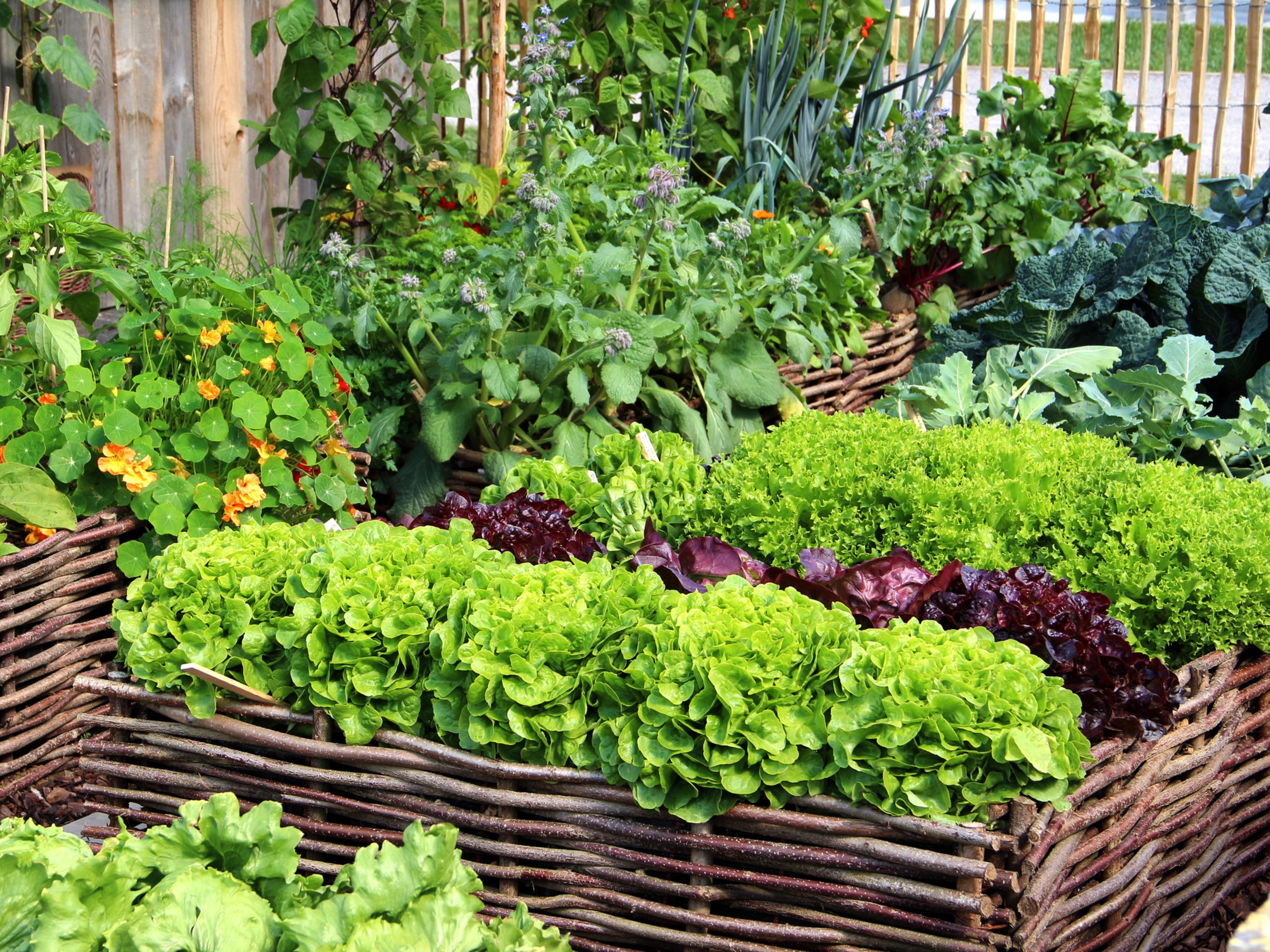How to Protect Your Vegtable Garden from Slugs in Victoria, BC
Slugs can be managed effectively with the right strategies
Need help with your yard? Get your free quote today!
Get a Free Quote!
Slugs are a common problem for gardeners in Victoria, BC, especially during the region’s damp and mild seasons. These pests can wreak havoc on plants, eating leaves, stems, and even fruits and vegetables. While their damage is frustrating, slugs can be managed effectively with the right strategies.
Here’s a guide on how to protect your garden from slugs in Victoria, BC, helping you maintain healthy plants and a thriving garden.
1. Keep Your Garden Tidy
Slugs thrive in moist, shaded environments, so keeping your garden clean and tidy can reduce their habitat.
Tips:
- Remove plant debris, such as dead leaves, fallen fruits, and weeds, where slugs can hide.
- Trim overgrown plants to increase sunlight and airflow, making your garden less hospitable to slugs.
- Avoid leaving garden tools, boards, or other items on the ground that can create shelter for slugs.
2. Create Barriers Around Plants
Physical barriers are an effective way to prevent slugs from reaching your plants.
Tips:
- Copper Tape or Wire: Slugs dislike copper, so place copper tape around pots, raised beds, or the base of plants.
- Eggshells or Grit: Crushed eggshells, sand, or diatomaceous earth create rough surfaces that deter slugs.
- Gravel or Mulch: Use sharp gravel or bark mulch around plants to make it harder for slugs to move.
3. Use Slug-Repellent Plants
Certain plants are known to repel slugs due to their texture or scent. Adding these to your garden can help deter slugs naturally.
Recommended Plants:
- Lavender
- Rosemary
- Mint
- Sage
- Foxglove
4. Set Up Traps
Traps are an effective way to control the slug population in your garden without resorting to chemicals.
Tips:
- Beer Traps: Bury a shallow container in the soil and fill it with beer. Slugs are attracted to the scent, fall in, and drown.
- Grapefruit or Orange Halves: Place the empty rinds upside down in your garden. Slugs will gather underneath, and you can remove them in the morning.
- Wooden Boards: Lay boards on the ground overnight, then check underneath in the morning and remove any slugs hiding there.
5. Encourage Natural Predators
Creating a garden environment that attracts natural predators can help control the slug population.
Tips:
- Attract birds by installing bird feeders, birdbaths, or nesting boxes near your garden.
- Encourage frogs, toads, and salamanders by providing shaded, moist areas or small ponds.
- Hedgehogs are natural slug predators, so consider making your garden accessible to them.
6. Apply Organic Slug Controls
Organic methods can effectively reduce slug damage while being safe for other wildlife, pets, and humans.
Tips:
- Diatomaceous Earth: Sprinkle around plants to create a barrier that slugs won’t cross.
- Slug Pellets: Use organic slug pellets made with ferric phosphate, which is safer than traditional chemical pellets.
- Coffee Grounds: Spread used coffee grounds around plants; the texture and caffeine content deter slugs.
7. Water Your Garden Strategically
Slugs are most active in moist conditions, so managing your watering schedule can help reduce slug activity.
Tips:
- Water your garden early in the morning instead of the evening to give the soil time to dry before slugs become active at night.
- Avoid overwatering or creating puddles where slugs can thrive.
- Focus watering efforts at the base of plants rather than soaking the entire garden bed.
8. Protect Young and Vulnerable Plants
Young seedlings and tender plants are particularly vulnerable to slug damage. Protecting these plants early can save them from severe harm.
Tips:
- Cover seedlings with cloches or mesh tunnels to keep slugs away.
- Elevate potted plants or place them on slug-proof stands.
- Surround young plants with barriers like copper rings or diatomaceous earth.
9. Rotate Crops and Replant Strategically
Changing your planting strategy can help reduce slug infestations over time.
Tips:
- Rotate crops annually to disrupt slug feeding patterns.
- Avoid planting slug-favorite crops like lettuce or spinach near their usual hiding spots.
- Choose slug-resistant plant varieties when possible.
10. Monitor and Remove Slugs Manually
While time-consuming, manually removing slugs is an effective way to reduce their numbers in your garden.
Tips:
- Go on slug patrol early in the morning or evening when slugs are most active.
- Collect slugs using gloves or tongs and relocate or dispose of them far from your garden.
- Check under pots, rocks, and leaves where slugs often hide during the day.
Conclusion
Protecting your garden from slugs in Victoria, BC, requires a combination of prevention, maintenance, and control measures. By keeping your garden tidy, using natural deterrents, and encouraging predators, you can minimize slug damage while maintaining a healthy and thriving garden.
For expert help managing pests or maintaining your garden, Ascent Yard Care offers professional gardening services in Victoria, BC. Contact us today to keep your garden slug-free and beautiful year-round!
